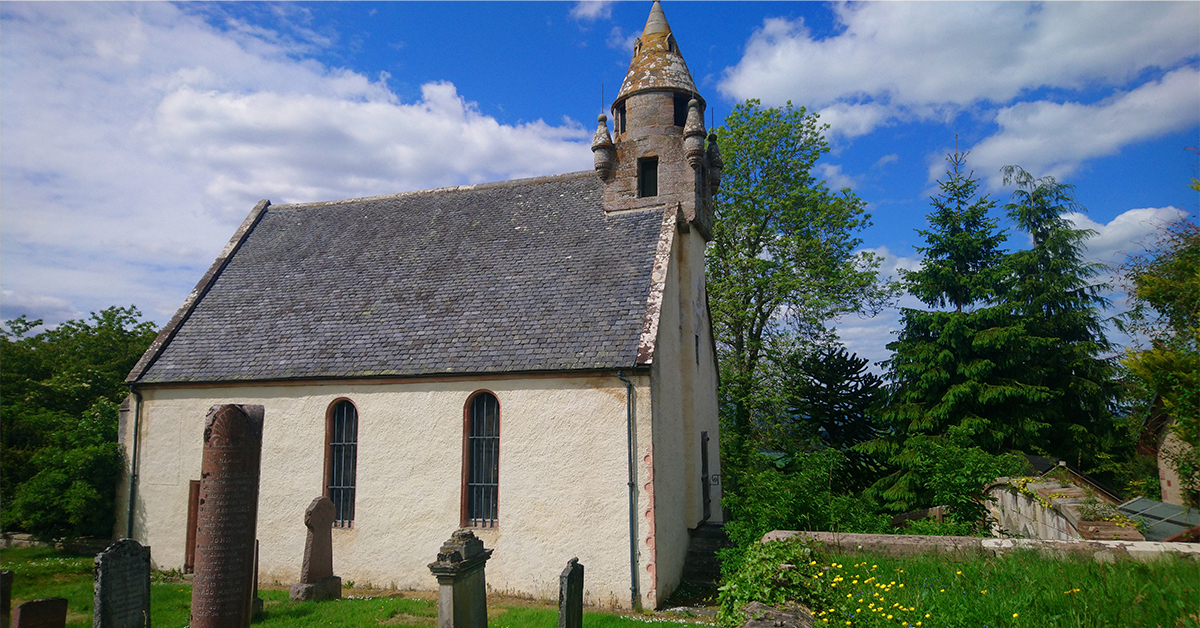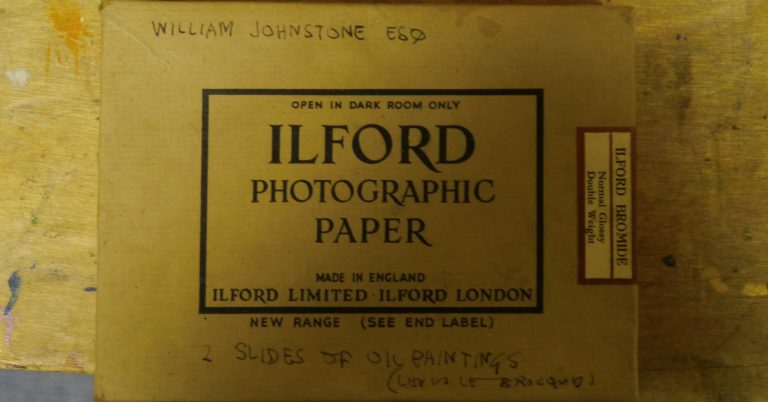
by David Worthington
Tell us a bit about your book.
It offers a different perspective on the Highlands in the century before the Battle of Culloden in 1746, by focusing on the life-writing of a maverick, Gaelic-speaking, scholar, traveller and minister from the shores of the Beauly Firth. Fraser, the man I call the ‘curious cleric’, has left more autobiographical material than any other figure I know of from the Highlands of the time. The book considers this in detail and reflects on what this material he has left tells us.
What inspired you to research this area?
I had used Fraser’s three-volume travel account for my last monograph, published in 2012. Working again in the north of Scotland from 2008, I had also enjoyed dipping into the 1905 edition of his ‘Wardlaw Manuscript’, a history of the Frasers to 1674. Both depicted a minister who was open-minded, skilled in languages, and yet someone who was as comfortable in his home community, a largely Gaelic-speaking parish, as when, for example, travelling in Danubian Europe or communicating with members of the Royal Society. I found this intriguing. That said, the more I read, the more I came across aspects of his life-writing which I found less appealing, and more challenging.
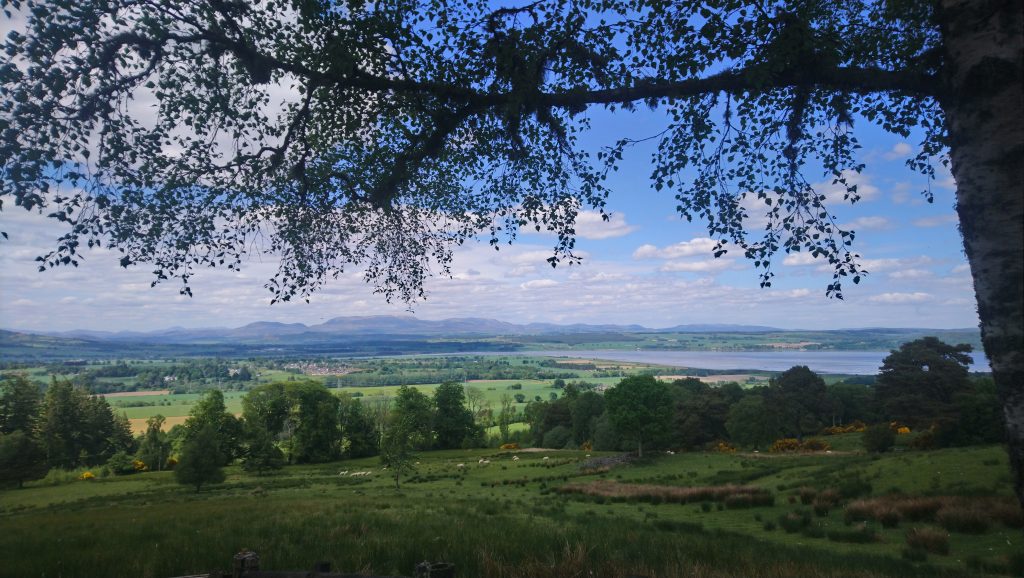
What was the most exciting thing about this project for you?
My initial empathy for, and fascination regarding, the ‘curious cleric’, although the relationship soon became more complex than that!
Did you discover anything particularly strange or surprising?
It became apparent to me that his whole life had involved rather frequent switching between languages, and that considering this would be key to understanding him.
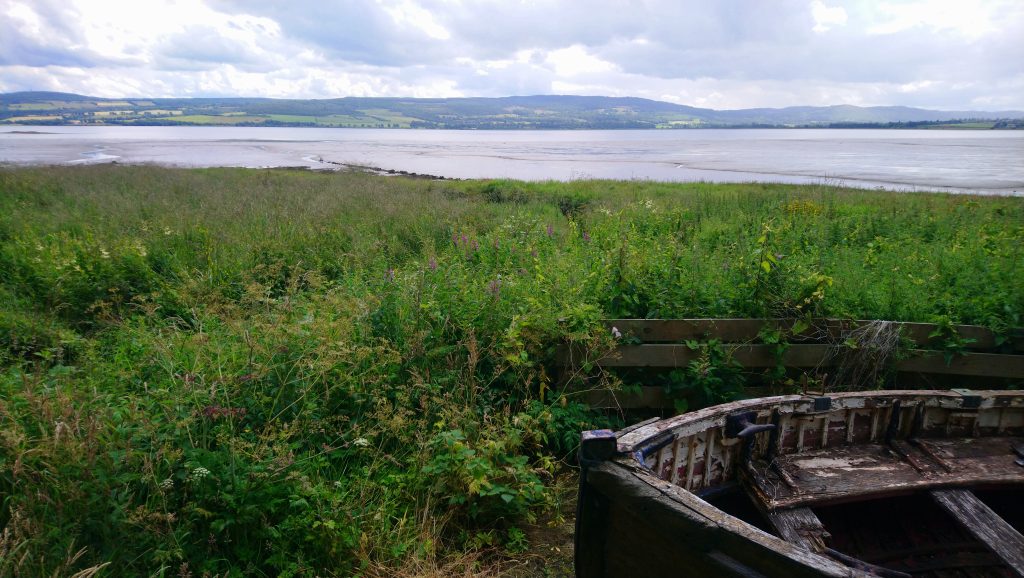
Did your research take you to any unexpected places or unusual situations?
I narrowed my geographical focus down to an extent that I wouldn’t have predicted. To begin with, I was most interested in his travels, especially the central European section of that account. By 2020, we were into the pandemic, but I think I learnt equally as much about the ‘curious cleric’ by researching the more locally-significant sources, and just by walking along and around the lower River Beauly, in and through places that feature in the most geographically immediate sections of the account, like Kirkhill, Abriachan, Bunchrew, Tarradale and Redcastle. I don’t regret that at all and hope it adds to those sections of the book and creates a fuller picture.
Has your research in this area changed the way you see the world today?
I have long been wary of a trap I sometime fall into in the history I read. I have found, quite often, that sources from the seventeenth century can appear more immediate to me than those from any other period, before or since. I’m never quite sure why that is, but it can be unsettling and also deceptive. In particular, the mix of brilliance, perplexity and, let’s face it, sheer weirdness in some scholarship of the time is something I find engrossing. To consider that in relation to the Highlands and Islands struck me as a challenge someone should try and tackle. In addition, I’d never imagined writing a biography earlier in my career. I am now fascinated by the benefits and challenges of the biographical approach for an historian. The sources are fallible, of course, but that does not make them less interesting. It makes them more human, and that helps history come through to new audiences.
What’s next for you?
For now, I’m leaving behind the ’curious cleric’ (although I am of the firm belief his travels still must be edited and published) and returning to some research on Spanish strategy towards Scotland in the decades following the 1588 armada. There is some intriguing material showing the interlinking of the Northern and Western Isles in this, with the Highlands and Islands becoming a political space. For me, the most exciting research often links material at the local, even micro-level with the transnational and the global.
About the book
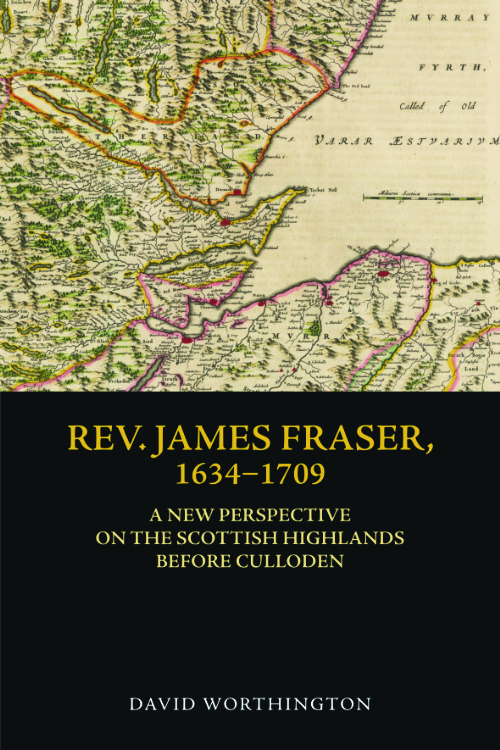
Rev. James Fraser, 1634-1709: A New Perspective on the Scottish Highlands before Culloden
by David Worthington
Reveals the Scottish Highlands as a dynamic and intellectual region in the century before Culloden
This book studies the revealing autobiographical sources left by Rev. James Fraser of Kirkhill (1634–1709), a Gaelic-speaking scholar, traveller and minister. It examines Fraser’s self-presentation and situates him within his locality, Scotland, the British Isles and Europe, also incorporating recent historiography to provide a more comprehensive presentation of the social, economic and cultural trajectories of the early modern Highlands.
About the author
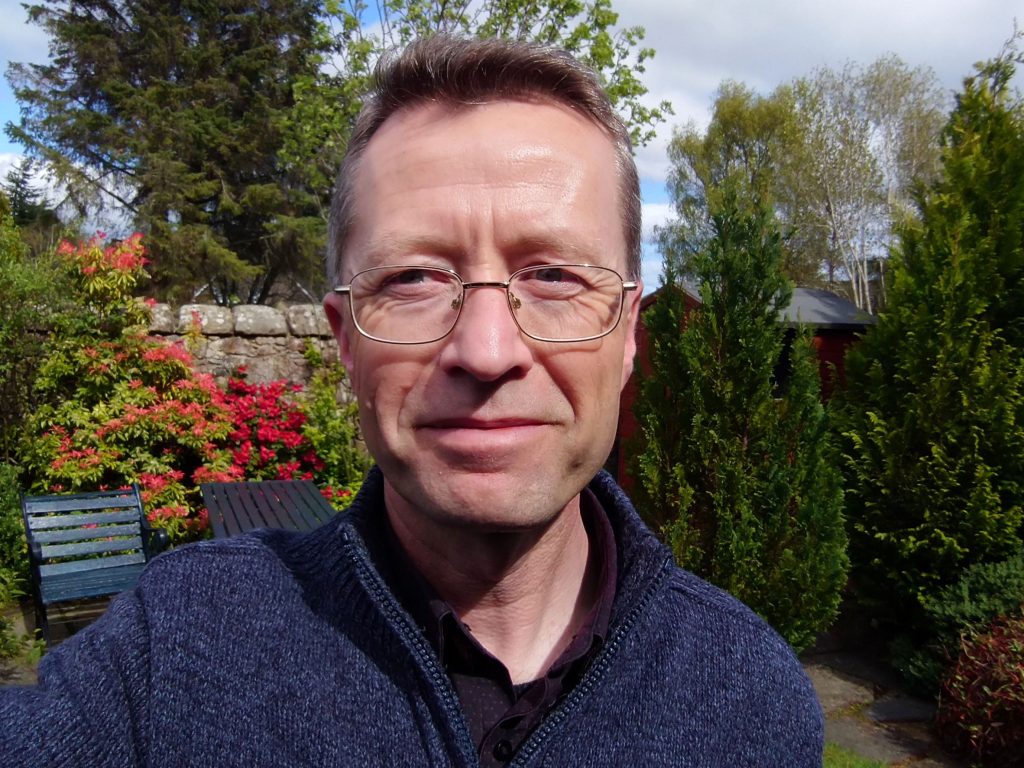
Professor David Worthington is an historian of Scottish (and wider British and Irish) connections with central Europe (c.1500-c.1700), who also researches and publishes on coastal history. He is head of the UHI Centre for History.


